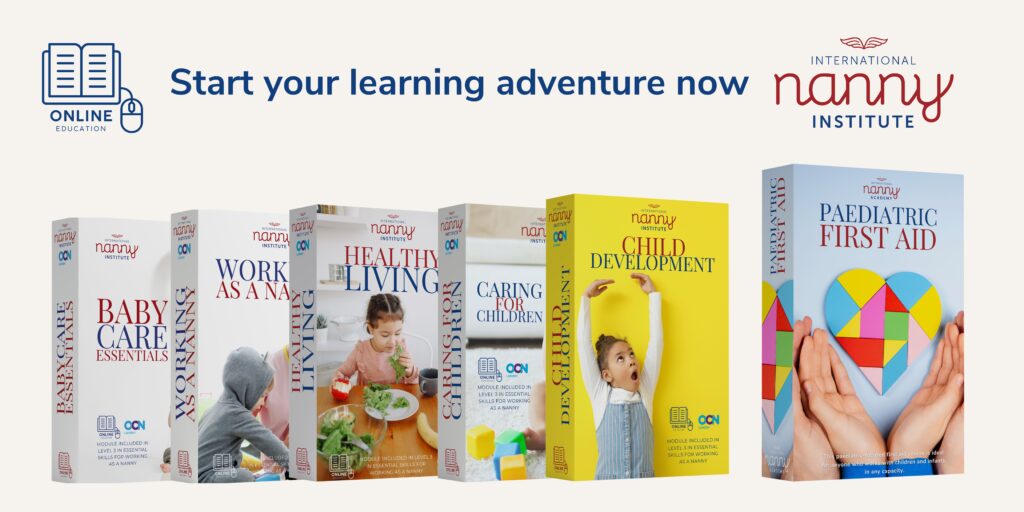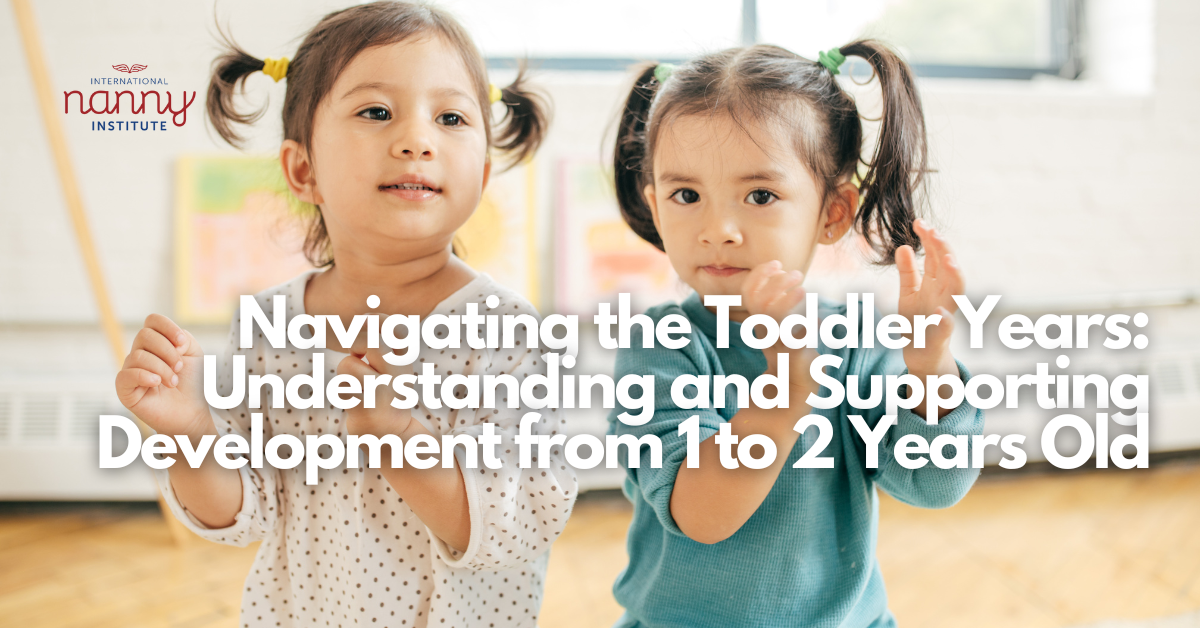Creating a Pre-reading Environment
As a nanny, you have an incredible opportunity to help introduce young children to the joys of reading. Reading is a critical skill that lays the foundation for success in both the academic and personal lives of children. By creating a pre-reading environment in the family home, nannies can help set children up for a lifetime of learning, curiosity, and exploration. In this article, we will explore tips and strategies for nannies to help toddlers and young children get excited about reading and create a pre-reading environment in the family home.
Benefits of Reading to Toddlers and Young Children

As well as the obvious benefits of boosting children’s ability to read when the time comes and providing a pleasurable pastime, there are many benefits of promoting pre-reading skills which impact on children’s overall wellbeing and different areas of development. Here we explore some of those:
Enhances Language and Cognitive Development
Reading plays an essential role in the language and cognitive development of young children. It exposes them to a broad range of vocabulary, sentence structure, and syntax, which helps build their language skills and comprehension abilities.
Develops Imagination and Creativity
Reading provides an escape from reality and opens up new worlds of imagination and creativity. It allows children to explore new ideas, places, and perspectives, nurturing their minds with a deeper understanding of the world around them.

Cultivates Critical Thinking
Reading promotes critical thinking and problem-solving. Through reading, children learn to analyse information, draw conclusions, and apply knowledge to specific situations, all of which are critical analytical skills that will benefit them throughout their lives.
Sparks Curiosity and Love for Learning
Reading helps foster a love for learning and a thirst for knowledge in children. It encourages them to explore new interests and topics, expand their minds, and pursue lifelong learning.
How to Create a Pre-Reading Environment in the Family Home

Nannies have the unique position of providing children with early care and education in a home environment. There are many ways that the home environment can be leveraged and enhanced in order to support pre-reading skills. These are some of the ways that nannies can create a pre-reading environment in a family’s home.
Provide Age-Appropriate Books
Provide age-appropriate books for children to read, engage and immerse in stories. Ensure that you have a variety of books that cater to different interests, reading levels, and genres to promote curiosity and exploration.
Create a Dedicated Reading Space
Creating a dedicated reading space in the home helps to set the tone for reading as a consistent activity. The reading space can be cosy with colourful pillows, comfortable chairs, or bean bags in a quiet and well-lit room, warding off distractions and maximising the reading environment.

Read Aloud
Reading aloud to children helps develop their language skills, increase their vocabulary, and develop their comprehension and critical thinking skills. Encourage and engage children to participate in the reading process by asking them questions and allowing them to interact with the story.
Set a Positive Reading Example
As a nanny, setting a positive reading example within the family is crucial! Children tend to be influenced by the behaviours of their caretakers, seeing them reading and enjoying books helps encourage children to become avid readers themselves.

Encourage a Love for Libraries
Visiting the library is a perfect way to show children the world of literature, offers access to an abundance of books, and is an excellent way to expose young children to the world of literature. Encouraging visits to the library, borrowing books and attending library programmes can further foster a passion for reading in children.
Make It Fun
Making reading fun is the key to keeping children engaged and excited about it. Incorporating fun activities like puzzles and colouring pages related to the books they’ve read, costumes or acting out scenes from books, and drawing and writing their own stories based on their favourite books, all of which promote imagination and creativity in children.
Activities to Encourage Reading in Young Children

If you would like to plan and carry out some specific activities to support children’s pre-reading skills in your role as a nanny then here are some good ideas:
Role-playing and Storytelling
An excellent way to engage children in reading is through role-playing and storytelling. Encouraging children to act out scenes from their favourite stories, or even create their stories, helps them to develop their imagination and helps in language development.
Library Scavenger Hunt
Going to the library and organising a scavenger hunt can help children discover new books and exploration of the library while having fun. Children can search for specific books, and find different genres of books, topics, or authors, to promote curiosity and exploration.
Educational and Interactive Apps
Interactive and educational apps for phones or tablets can be a fun and engaging way to introduce new stories and promote reading skills. There are various reading apps available that help children improve their reading skills, vocabulary, and comprehension abilities while making learning fun.
As a nanny, creating a pre-reading environment in the family home is a crucial step in fostering a love for reading in toddlers and young children. By providing age-appropriate books, creating a dedicated reading space, reading aloud, setting a positive reading example, encouraging a love for libraries, and making reading fun, nannies can ignite the spark of curiosity and imagination in children. Engaging in activities like book clubs, role-playing and storytelling, library scavenger hunts, movie nights, audiobooks, and educational apps can further enhance the reading experience for young children.
By investing in developing literacy skills, nannies can help set the foundation for a lifetime of learning, encourage critical thinking and imagination, and help preschoolers and young children become well-rounded individuals. This is a vital part of your role when working as a nanny. If you want to become more confident and knowledgeable when supporting children’s development in a range of different areas, our Early Years Childcare course will help you gain insight into the different areas of learning and how these can be supported at various ages and stages of development. Visit us today at www.international-nanny.institute to learn more.









